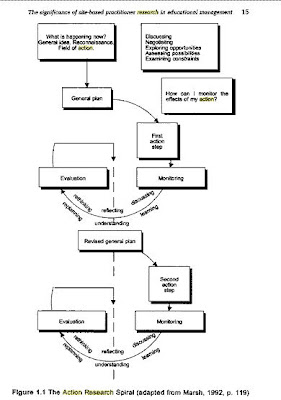 My general idea
My general ideathe resolution of this template which I copied from the DIL wikieducator page makes it unsuitable to print and read

another plan this one is for final DIL workshop.
Action plan is a task -incompleted as although I have embedded this original DIY animation ( credited to Nick and Stuart) work that I have uploaded to blip.tv -my podcasting site because I have not authored this video, the online academic publication is subjective ... I can't . Where does the line between the freedom to and reuse share new media become a community collaborate to police academically correct referencing and evidence of documentation.
Revised general plan
Action that is
This is an archiving, a copyrighting and a licencing to legally reference the intellectual property rights. Upon reflection, as I am becoming more familiar with the fundamental processes that underlie creating (assenbling audio image text) and publishing this on new media platforms like blogs and podcasting services ....copyright to an online archive to name one important step to online publishing. It is hard to know how to discuss matters in the reflective 3 step framework for a range of readers, so many of whom are likely to be starting from scratch internet literacy all the fact sheets that online publication could involve immediately or further down the track.
Collaboration when it is not about policing each other it is about critical evaluation of the tools and processes and banding together, sometimes refered to as social networking but this is so much bigger .... multi author & "radio userland"
quality new media starting from scatch about music and images on the internet.
Recording and publishing audio -
The Polytechnic responding to staff feedback have introduced a new Intellectual Property Policy, that of a creative commons attribution (CC BY). In short, the All Rights Reserved default CCL has been replaced by a Some Rights Reserved - Attribution default with an option for individuals to restrict.
-using resources that have restrictions (like Share Alike, Non Commercial and even more restrictive). Those Individual staff who wish to publish with licence restrictions beyond attribution are required to notify the Polytechnic so that an appropriate restrictive statement can be added. Where possible, to foster collaboration between practitioners academics and students [replacing a CCL top down default copyright with the recommended CC BY copyright
-limiting the free access to material Otago Polytechnic owns (with only? the three exceptions to this complicating matters -"Co-owned" “Exclusive ownership” “Ownership by a 3rd party”Illegal content
· The definition of illegal content varies from country to country.
No comments:
Post a Comment